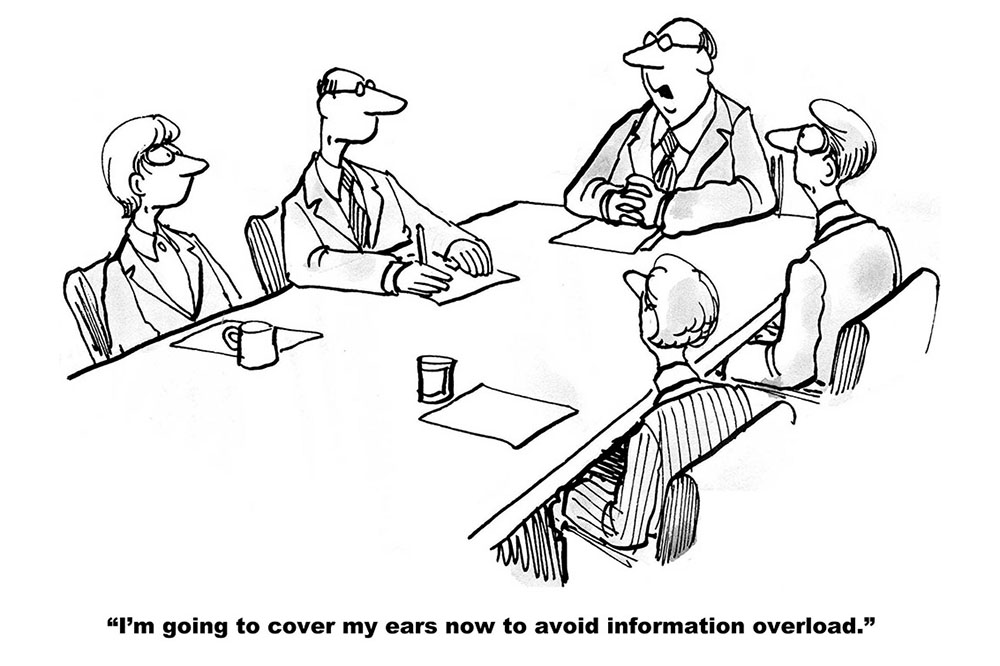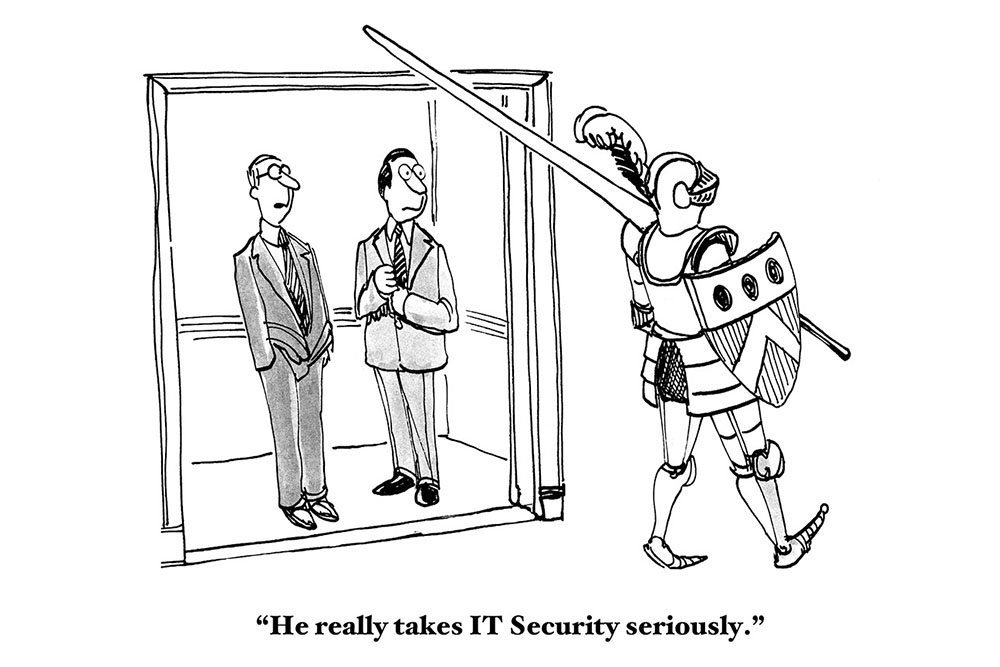
Technology is just a means to an end
Too many people are treating technology as an end. Technology, unfortunately, is just a means. We need to use technology to drive outcomes. This is why Amazon doesn’t call itself an AI company even though Amazon probably has invested more in AI than anyone else. One of the clients that I have been working with is a NEO bank start up in US. I have been helping the client develop their technology plan to support the launch of the bank. In one of our weekly check-ins with the CEO, he told me a comment that




